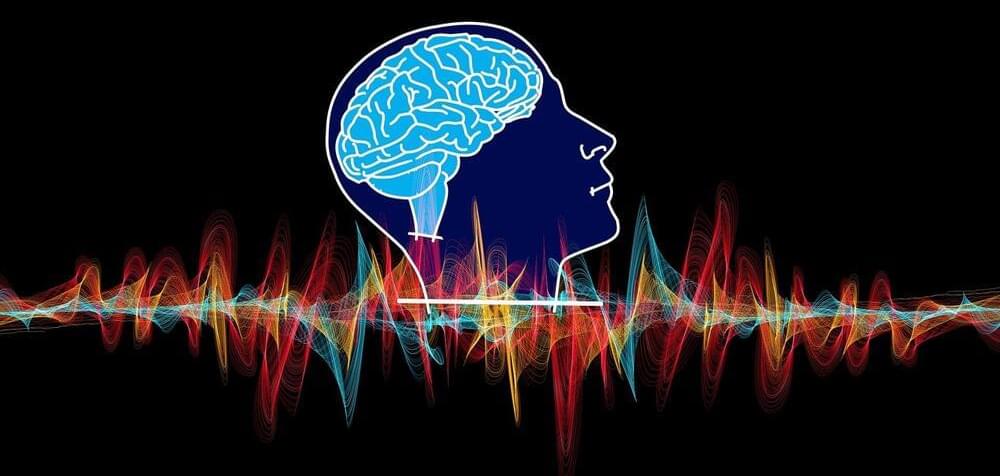Led by researchers from NYU Grossman School of Medicine and University of Szeged in Hungary, a new study in mice and rats found that restoring certain signals in a brain region that processes smells countered depression.
Publishing in the journal Neuron online May 9, the study results revolve around nerve cells (neurons), which “fire”—or emit electrical signals —to transmit information. Researchers in recent years discovered that effective communication between brain regions requires groups of neurons to synchronize their activity patterns in repetitive periods (oscillations) of joint silence followed by joint activity.
One such rhythm, called “gamma,” repeats about 30 times or more in a second, and is an important timing pattern for the encoding of complex information, potentially including emotions.
